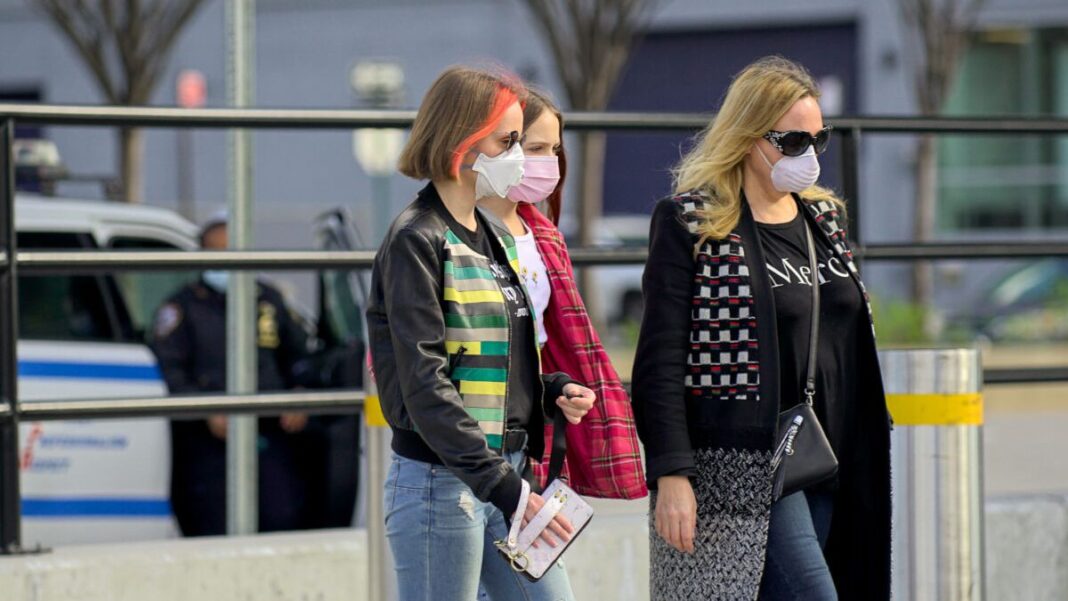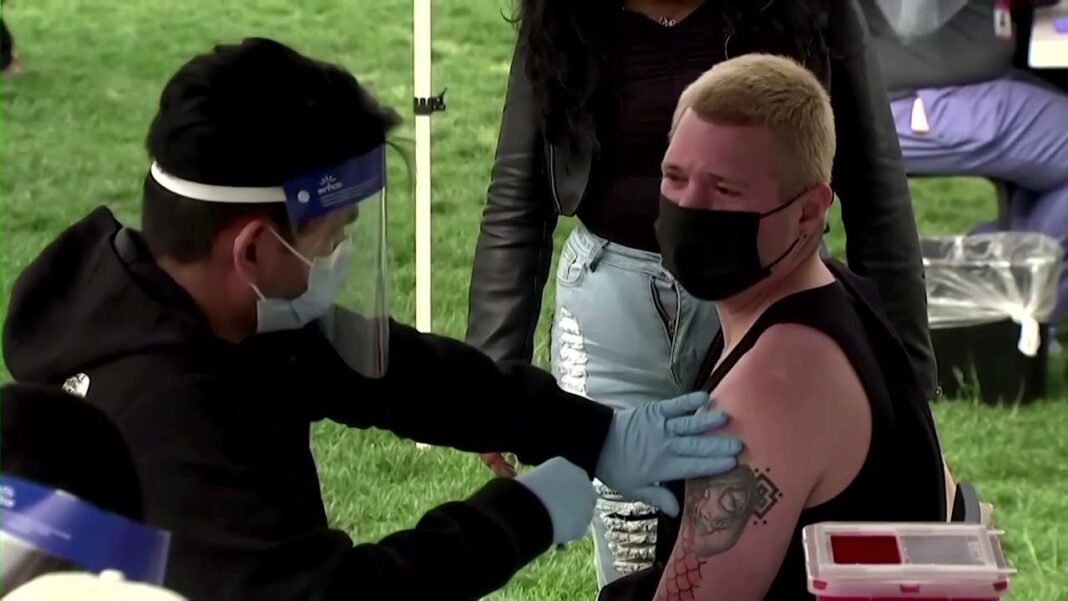Cloth masks are of little use against COVID-19, according to a recently published analysis.
While federal health authorities and a slew of jurisdictions require or recommend wearing masks as a way to limit the spread of the virus that causes COVID-19, a trio of researchers pored over the studies often cited by the officials and found they were poorly designed and offered scant evidence in support of mask usage.
Many of the studies are observational, opening them up to confounding variables, the researchers said in their analysis (pdf), which was published on Nov. 8 by the Cato Institute.
Of 16 randomized controlled trials comparing mask effectiveness to controls with no masks, 14 failed to find a statistically significant benefit, the researchers said. And of 16 quantitative meta-analyses, half showed weak evidence of mask effectiveness, while the others “were equivocal or critical as to whether evidence supports a public recommendation of masks,” they said.
“The biggest takeaway is that more than 100 years of attempts to prove that masks are beneficial has produced a large volume of mostly low-quality evidence that has generally failed to demonstrate their value in most settings,” Dr. Jonathan Darrow, an assistant professor of medicine at Harvard Medical School and one of the researchers, told The Epoch Times in an email.
“Officials mulling mask recommendations should turn their attention to interventions with larger and more certain benefits, such as vaccines. Based on the evidence currently available, masks are mostly a distraction from the important work of promoting public health.”
One study (pdf) that’s widely cited by mask proponents, of rural villages in Bangladesh, found that surgical masks appeared to be marginally effective in reducing symptomatic COVID-19 but that cloth masks weren’t, Darrow and his colleagues noted. The other real-world randomized controlled trial examining mask effectiveness, conducted in Denmark, didn’t find a statistically significant difference in infections between the masked and unmasked groups.
“The remainder of the available clinical evidence is primarily limited to non-randomized observational data, which are subject to confounding,” the researchers said, including accounting for other differences in behavior among those who don’t wear masks.
They did note evidence that masks reduce droplet dispersion, although cloth masks are unlikely to capture the particles even if worn properly.








